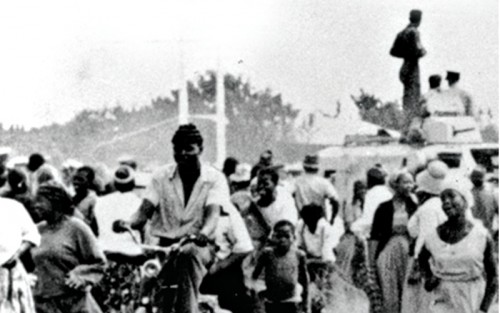Racism — a Social Cancer
On March 20, in the Southern Hemisphere, where Brazil is located, fall begins. The season evokes a time of maturity, a mindset we must adopt to face life’s daily challenges. One of these challenges—undeniably a responsibility for all Brazilians, whether white, Black, or mixed-race—is the fight against racism in all its forms of vileness.
I have long raised my voice against this cancer in society, especially because, like the majority of Brazilians, I have Black ancestry. Since the 1980s, both Brazilian and international press have published several of my articles in which I highlight the value of the Black race, such as “Apartheid There and Apartheids Here,” “Racism Is Obscenity,” “The Miscegenation of the World Is Inevitable,” among many others.

It is therefore deeply symbolic that on March 21—the dawn of fall in the Brazil—we observe the International Day for the Elimination of Racial Discrimination. The date, established by the United Nations (UN) in 1969, honors the memory of 69 South Africans murdered in 1960 during a confrontation with the police. They were protesting against the “Pass Law,” which denied the Black population the right to move freely. This tragic episode in Johannesburg, South Africa, became known as the “Sharpeville Massacre,” leaving yet another bloodstain on the history of humankind.
As long as a single person is cruelly discriminated against, human record remains stained. Let us therefore persevere in our efforts to bring the world’s ethnicities together through the Ecumenism of the Hearts.

The comments do not represent the views of this site and are the sole responsibility of their authors. It denied the inclusion of inappropriate materials that violate the moral, good customs, and/or the rights of others. Learn more at Frequently asked questions.